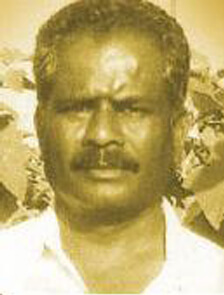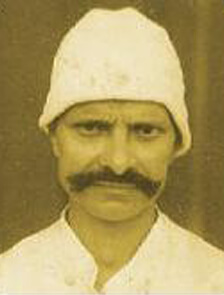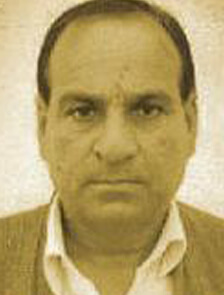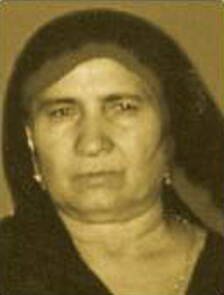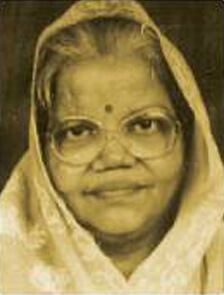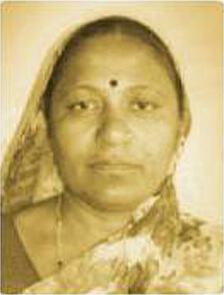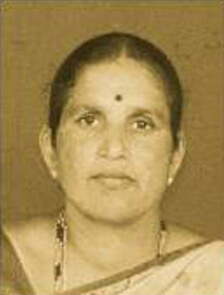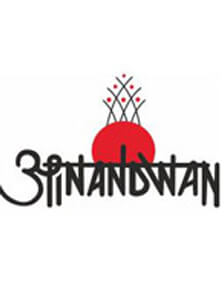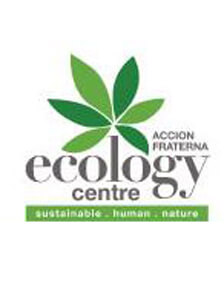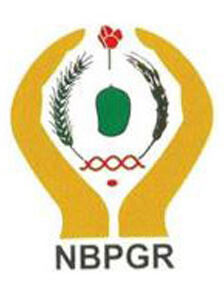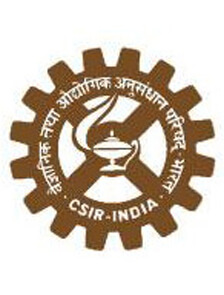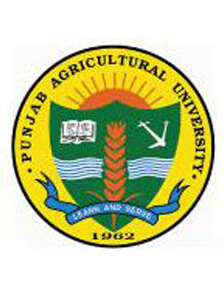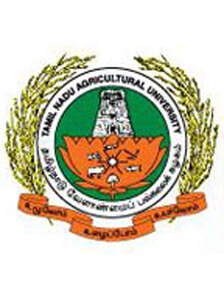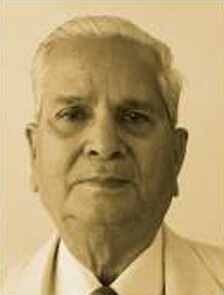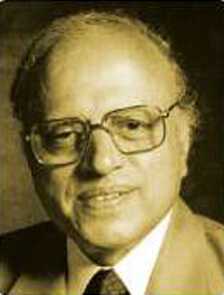Born on 7th August, 1925 in Kumbakonam, Tamilnadu, Monkombu Sambasivan Swaminathan was the second of the four sons of a doctor. His ancestral home is the island village of Monkompu, Alleppey District, Kerala. Known as the "Father of the Green Revolution in India", Prof. M. S. Swaminathan was a leading figure behind the success of introduction and further development of high-yielding varieties of wheat in India. He is the Founder and Chairman of the M. S. Swaminathan Research Foundation. His stated vision is to rid the world of hunger and poverty. Prof. Swaminathan is an advocate of moving India to sustainable development, especially using environmentally sustainable agriculture, sustainable food security and the preservation of biodiversity, which he calls an "evergreen revolution". In 1999, Time magazine placed him in the Time 20 list of most influential Asian people of the 20th century. Prof. Swaminathan has received the Padma Shri (1967), Padma Bhushan (1972), Padma Vibushan (1989), Shanti Swarup Bhatnagar Award for contributions in Biological Sciences (1961),Ramon Magsaysay Award for Community Leadership 1971, World Food Prize 1987, Dr. J.C. Bose Medal and the Indira Gandhi Prize for Peace, Disarmament and Development. Prof.
Swaminathan's work has also made a mark internationally with him receiving the Bicentenary Medal of the University of Georgia, U.S.A. 1985, Bennett Commonwealth Prize of the Royal Society of Arts for significant contributions to Household Nutrition Security 1984, Mendel Memorial Medal of the Czechoslovak Academy of Sciences for contributions to Plant Genetics 1965 and the Ordre Du Merite Agricole (Commander of the Agricol Merit), France, 2006. Currently, he is providing guidance and leading the revolution as a Nominated Member of the Rajya Sabha.
ICONIC ACHIEVEMENTS THAT DESERVE THE AGRI ICON OF INDIA AWARD:
In the early '60s, India grew some 12 million tons of wheat every year. Starvation was rampant and the country imported much of its food. Swaminathan, an agricultural geneticist, not only developed new strains of high-yield wheat for his country, but also the programs that led to an India which now exports food.
Dr. Swaminathan coined the term ''Evergreen Revolution" to highlight the pathway of increasing production and productivity in a manner such that short and long term goals of food production are not mutually antagonistic. He wants to produce more from less, less land, less pesticide, less water and it must be an evergreen revolution to get sustainable agriculture
His NGO, M. S. Swaminathan Research Foundation (MSSRF), established in 1988 all along been developing and following a pro-nature, pro-poor, pro-women and pro-sustainable on-farm and non-farm livelihoods through appropriate eco-technology and knowledge empowerment.
The Mahindra Samriddhi India Agri Awards is proud to acknowledge the remarkable achievements of Prof. M.S. Swaminathan by awarding him the AGRI ICON OF INDIA.





